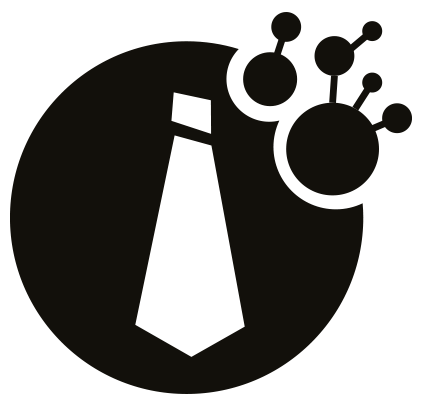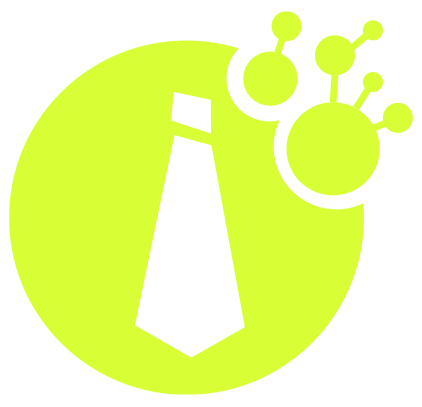Knowing your customer intimately is the first step to easy sales. Until you know; (1) who your customers are, (2) what they want, and (3) what motivates them to buy, your sales plan will be pretty much useless. Everything hangs on this step.
In a previous post we talked about the power of choosing a narrow target market and why you need to know your customer; it’s now time to select yours.
A great way of figuring out your ideal target market is to list all of your customers first and then rank them based on the following:
- How much you enjoy dealing with them: If you‘re like most people, you’ll be working for some very difficult customers, just for the money. Rank each market you work with on a scale of 1-10. 1 being the least and 10 is how much you enjoy working with each market segment.
- How much does each of those market segments value your work: Are they willing to pay you a lot? Again, rank them on a scale of 1-10.
- How profitable is the work you do for each market segment: You might be charging a premium for your products/services, but when you look at the numbers, it’s barely profitable, or even loss-making. Rank those also on a scale of 1-10.
Once you’ve ranked all of the markets that you currently serve, add up the points, and there’s your potential target market.
Whatever target market you settle on it doesn’t mean that you can’t take on work outside your target market; however, from now on, your marketing efforts should be directed at one ideal market segment. You must be laser-focused.
If you’re too broad initially and target a wish list of market segments, then you might as well set fire to your marketing budget. Once you dominate that one market segment, then you can go on and add others.
Once you’ve identified your ideal market segment you need to set to work in getting to know your buyers.
You need to be as specific as possible about all the attributes that may be relevant. What’s their gender, age, and geography? Do you have a picture of them? If so, cut out or print a picture of them.
Twelve questions to ask yourself when getting to know your target customer:
- What keeps them awake at night?
- What are they afraid of?
- What are they angry about?
- Who are they angry at?
- What are their top daily frustrations?
- What trends are occurring and will occur in their businesses or lives?
- Is there a built-in bias in the way they make decisions? For example, engineers are exceptionally analytical.
- Do they have their own language or jargon they use?
- What social media groups are they members of?
- What websites do they visit?
- What’s this person’s day like?
- What is the ONE thing they crave above all else?
These questions are not theoretical, pie-in-the-sky questions. They are key to your marketing success. Unless you can get into the mind of your prospects, all your other marketing efforts will be wasted – no matter how well you execute them.


